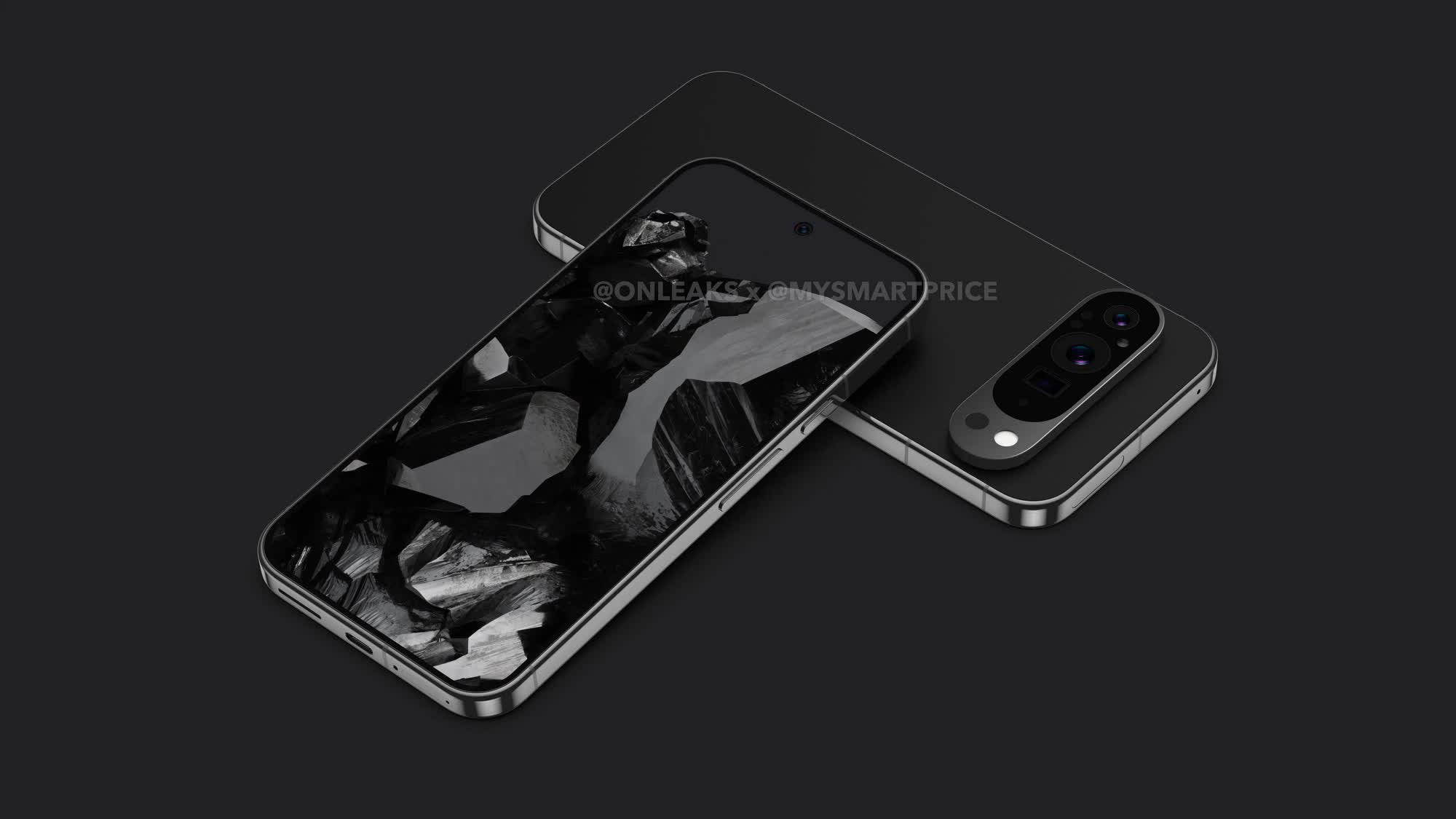Something to look forward to: Google is gearing up for another yearly showdown between its new flagship smartphones and Apple's concurrent rivals. Reports indicate that the upcoming Pixel 9 series could introduce camera, chassis, and AI-related upgrades. Meanwhile, the Cupertino giant is preparing to kick off a mobile AI race with this fall's hardware and software updates.
This year's Made By Google event is set for August 13, where the company is expected to reveal the Pixel 9 phones. New Pixel products, such as a foldable tablet, watch, and earbuds, are also likely to appear.
The company usually introduces Pixel phones in October. Moving the Pixel 9 unveiling up to August will, for the first time, put it ahead of the new iPhones' anticipated September reveal.
Get ready for magic at #MadeByGoogle
– Made by Google (@madebygoogle) June 25, 2024
Learn more and sign up for updates: https://t.co/ZnBcg6S6vK pic.twitter.com/C6Of1L9g4a
At least two models – the Pixel 9 and Pixel 9 Pro – are expected to appear, but a Pixel 9 Pro XL is also rumored. Leaked concept renders from earlier this year suggest the Pro variant will feature flat sides and a new rear camera housing. The large camera hump might house a variable aperture lens.
An optional "adaptive touch" function could also appear in at least one Pixel 9 model. After activating the feature under Settings > Display > Touch Sensitivity, the screen will reportedly alter touchscreen sensitivity to compensate for obstructions like wet hands or screen protectors, maximizing tactility.

The Google Pixel Fold 2 is also rumored to emerge at next month's event, featuring a 7.9-inch inner screen and a 6.4-inch outer screen, extending to 6.1 inches x 5.9 inches x 0.2 inches when unfolded. Leaked renders indicate a significantly redesigned rear camera. Instead of a fully custom SoC, the Fold 2 and Pixel 9 series devices will run on the Tensor G4 processor, based on Samsung's Exynos design.
Meanwhile, reports regarding Apple's upcoming iPhone 16 suggest no drastic design changes. Some models might be larger than before, with more screen real estate and a more accessible battery case. Furthermore, the iPhone 16 could receive the first NPU core count increase in four years.
This move could significantly boost Apple's nascent ambitions in generative AI – the latest battleground between Cupertino's and Google's phones. The upcoming Android 15 OS is expected to strengthen Gemini AI, which Google introduced with last year's Pixel 8 Pro phones. Apple's iOS 18 will unlock similar functionality for the iPhone 15 Pro and at least one iPhone 16 variant.
